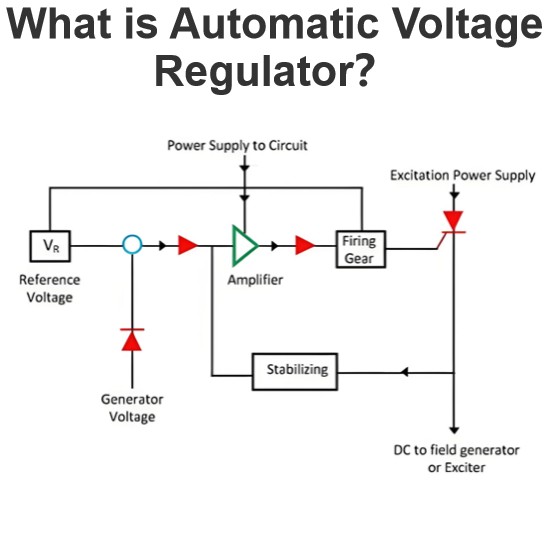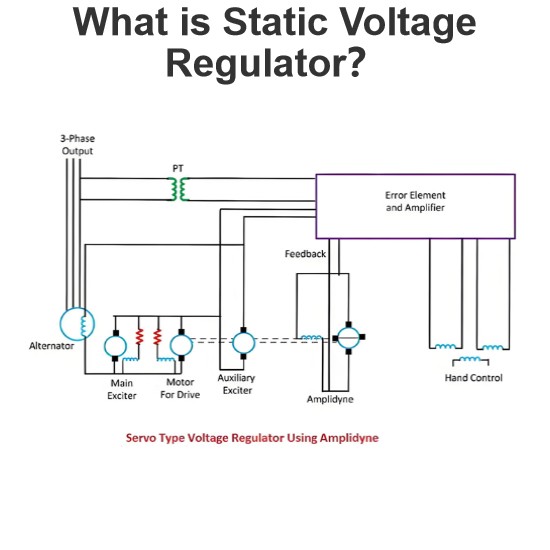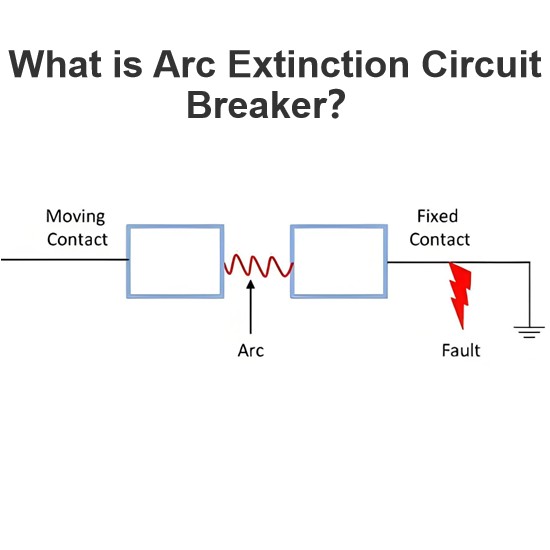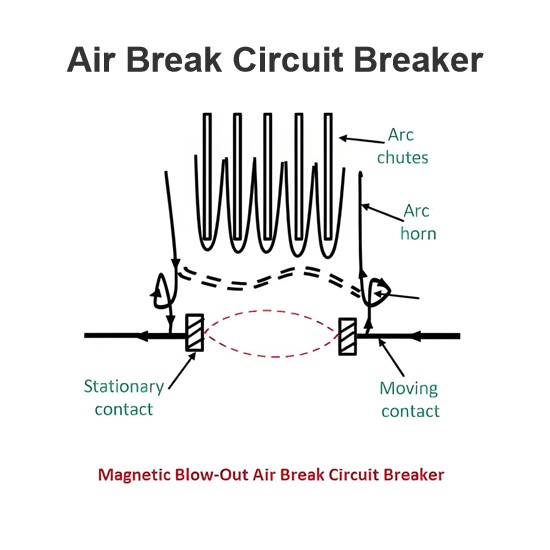What is Protective Relay ?
What is Protective Relay ?
Protective Relay Definition
A protective relay is an automatic device that senses abnormal conditions in electrical circuits and triggers actions to isolate faults.
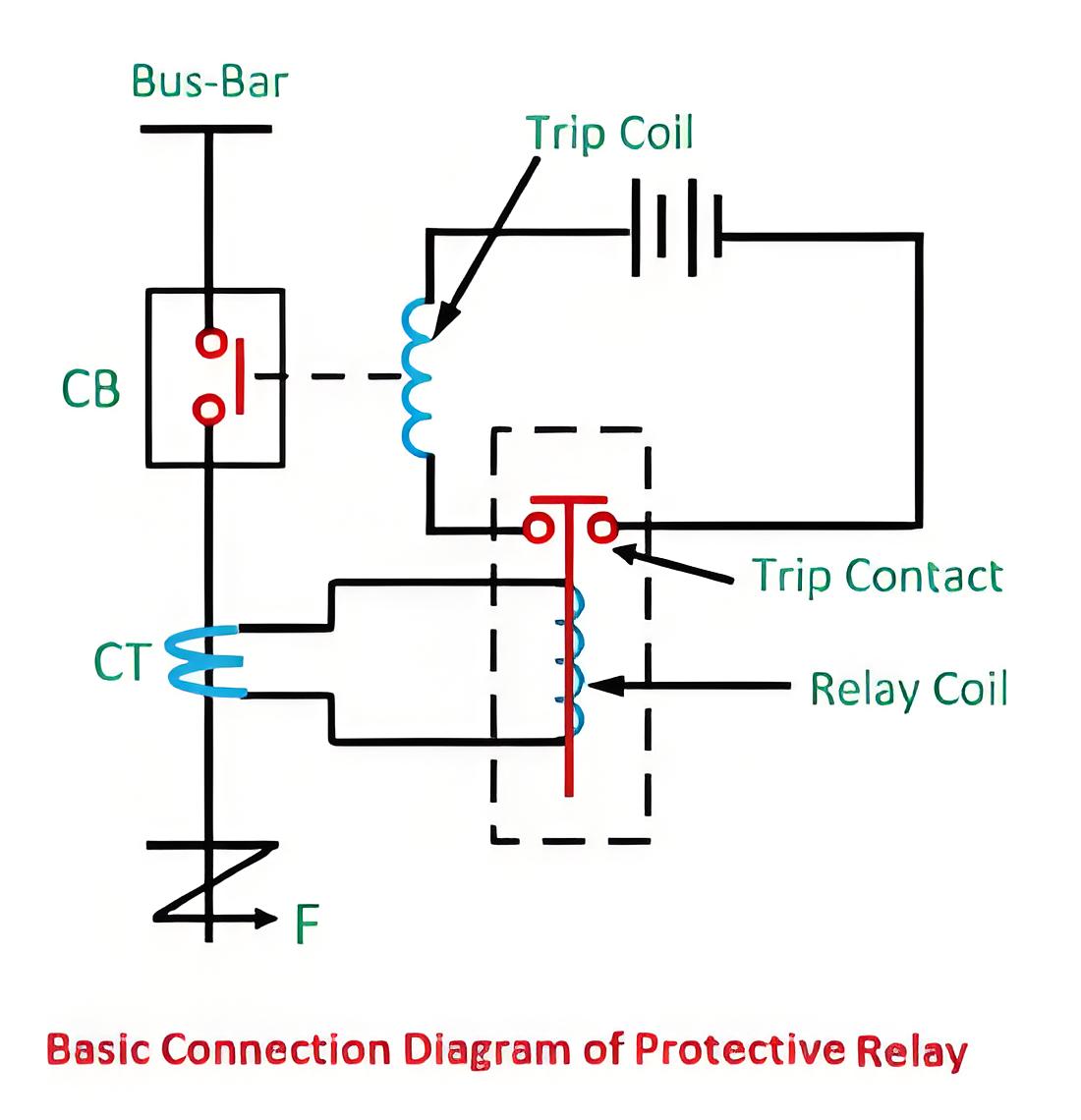
Types of Protective Relays
Definite time relays
Inverse time relays with definite minimum time(IDMT)
Instantaneous relays
IDMT with inst
Stepped characteristic
Programmed switches
Voltage restraint over current relay
Operating Principles
Protective relays operate by detecting abnormal signals, with specific pickup and reset levels to start or stop their action.
Application in Power Systems
Primary and backup protective relays are critical for continuous and safe operation of electrical power systems.
Failure Modes
Understanding common failures in protective relays helps enhance system reliability and prevent prolonged downtimes.
Note points
The relays indicate above shall be provided on HV and LV.
Fans failure and pumps failure alarms to be connected.
No Buchholz relay for transformers below 500 KVA capacity.
The Electricity Encyclopedia is dedicated to accelerating the dissemination and application of electricity knowledge and adding impetus to the development and innovation of the electricity industry.
